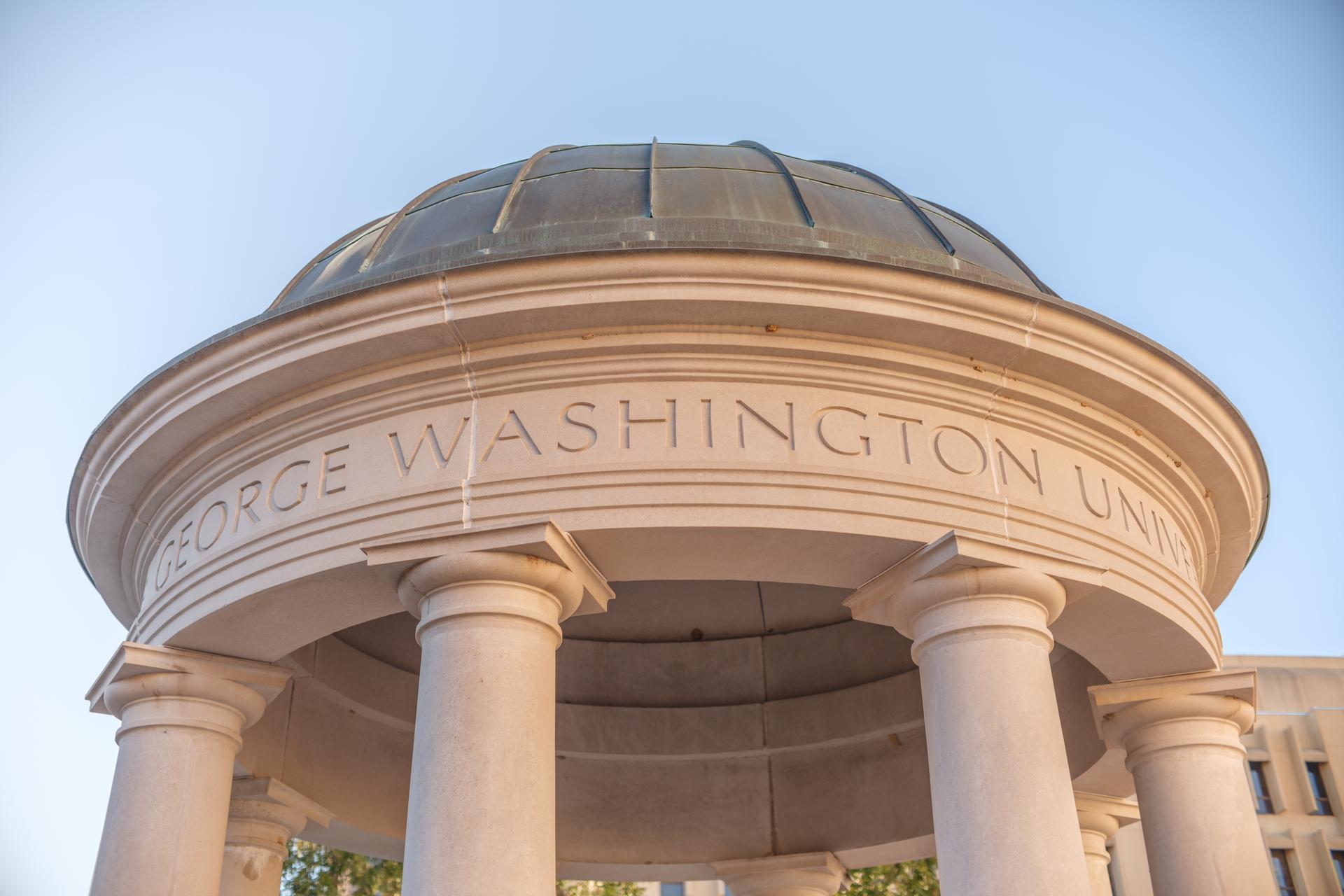Dear Members of the George Washington University Community,
We write today in light of the National Institutes of Health (NIH) announcement Friday regarding a significant reduction to a critical stream of federal research funding. This is of most serious concern to us, as it has the potential to dramatically impact academic research here at GW and at universities and medical centers nationwide.
The proposed limit on facilities and administration funding, also referred to as funding for “indirect costs,” will disrupt vital, ongoing cutting-edge biomedical research currently underway. This funding, which supports things like laboratory facilities and personnel, equipment, operations and maintenance, and reporting and accounting, is absolutely necessary for clinical trials and studies aimed at solving our greatest medical and public health challenges, enabling universities to build, run, and maintain the laboratories and facilities where research is conducted. The announced cuts will threaten delays in advancements and discoveries related to critical diseases like heart disease, cancer, HIV, diabetes, and Alzheimer’s. These delays will impede progress fundamental to advancing and improving disease prevention and outcomes for our patients, our D.C. community, the United States, and beyond.
The collective impact of this research is far-reaching. It not only advances science but also saves lives. It provides valuable learning and experiential opportunities for our students. And it also leads to commercial endeavors that build our economy and change lives here and across the globe.
Understandably, the announcement of NIH’s cut in funding has caused confusion and alarm in our research community, and additional guidance and details will be forthcoming to those whose work is potentially impacted. Guidance and links to relevant announcements will continue to be added to the Federal Transition Updates page, and questions should be directed to askovpr gwu [dot] edu.
gwu [dot] edu.
In the meantime, we want to assure you we have been working actively with colleagues at other universities, the Association of American Universities, the Association of American Medical Colleges, and others to do everything in our collective power to seek the restoration of these critical funds.
Sincerely,
Ellen M. Granberg
President
Christopher Alan Bracey
Provost and Executive Vice President for Academic Affair
Professor of Law
Robert H. Miller
Interim Vice Provost for Research
Vivian Gill Distinguished Research Professor and Professor of Anatomy and Cell Biology
Barbara Lee Bass
Vice President for Health Affairs
Dean, School of Medicine and Health Sciences
Walter A. Bloedorn Chair of Administrative Medicine
Professor of Surgery
Lynn R. Goldman
Michael and Lori Milken Dean of Public Health
Professor, Environmental and Occupational Health


